FOR OUR TIME
NEW WORKS
Writers with ideas that change how we work and live
Started in 2021, New Works showcases intersectional thinking and practices that meet the complexity of our current time. Each series brings together visionary writers whose recently published work uniquely illuminates the status quo and identifies possibilities for other ways forward.
NEW WORKS 3
ORGANIZATIONAL MAZES
How do we get our organizations unstuck?
From inside, we can feel the push and pull of our organizations’ complex layers. The workplace structures we navigate—thickets, labyrinths, leviathans—aren't just inconvenient bureaucracy. They are also deeply personal emotional, cultural, and existential forces. Organizational life doesn’t just shape what’s possible in our workplaces, but also who we become in the process.
New Works Organizational Mazes shines lights into the dark corners of organizational change with brilliant writers and Dojo sessions that extend their ideas from page to adaptive practice. We’ll investigate the unspoken dynamics, uncomfortable truths, and hidden compliance pressures that form the messy organizational realities sanitized in official accounts and case studies. The Maze Dojo will be our space to apply these learnings to reclaim agency, build skills, and enhance leadership capacities.
This is your invitation to step back from the urgent to strengthen what is essential. Join us to move beyond managing the organizational maze and start redesigning it.
JOIN US
MONTHLY FLOW
Each month we will host two sessions around the work of a single writer. The first session will be an author dialogue to immerse ourselves in their work and thinking. Attendees will have the chance to engage with the writer and the community directly. The second session will be a Dojo space to build new practices, capacities, skills, and dispositions inspired by the themes of the author’s work.
REGISTER
We remain committed to making New Works financially accessible, and also compensating the writers for their work. We have created a low-cost bundle to purchase tickets for the whole series. If you have the ability to donate more than the $5/session, please use the custom amount field amount below to make a donation. Your purchase and donation support the writers directly.
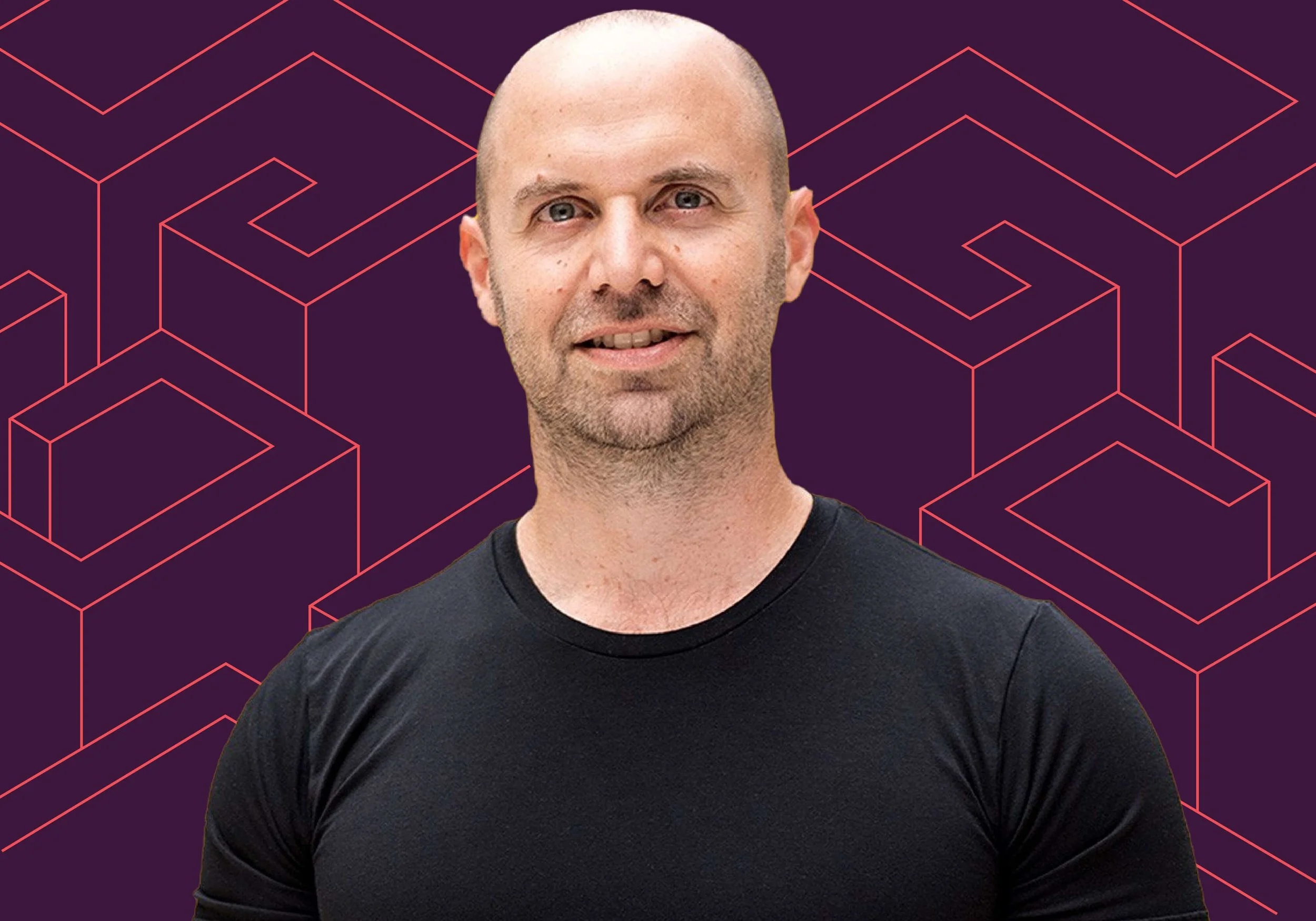
The Art of Insubordination with Todd kashdan
On October 8th, we’ll be joined by Dr. Todd Kashdan to discuss his book, The Art of Insubordination: How to Dissent and Defy Effectively. The process of insubordination within organizations often takes a heavy toll on the transgressor. Dr. Kashdan thinks he can increase your odds of success. He describes the work as a cookbook filled with recipes for permitting dissent and embracing it when present; effectively expressing unpopular ideas and how to champion them; and managing your own discomfort when being insubordinate or when interacting with other rebels. Dr. Kashdan will share principles of insubordination, skills to communicate more persuasively, how to attract valuable allies, and how to persevere in the face of resistance.
Todd Kashdan
Dr. Kashdan is Professor of Psychology and Founder of the Well-Being Lab at George Mason University. He is among the world’s top experts on the psychology of well-being, psychological strengths, mental agility, and social relationships. Dr. Kashdan is the author of five books and ranks among the top 1% of global scholars, with over 54,000 citations on his scientific research.
Make a Donation
Your donation supports New Works and the writers directly.

The Art of Insubordination Maze Dojo
The Maze Dojo is a personal and organizational development space to apply the learnings from The Art of Insubordination: How to Dissent and Defy Effectively to reclaim agency, build skills, and enhance leadership capacities. The Dojo is a workshop format that will invite you to participate in exercises that may include self reflection, dialogue with others, and simulated professional environments. We request that you hold yourself and others in high regard as we each work to identify and dislodge well worn patterns in ourselves and our work.
Make a Donation
Your donation supports New Works and the writers directly.
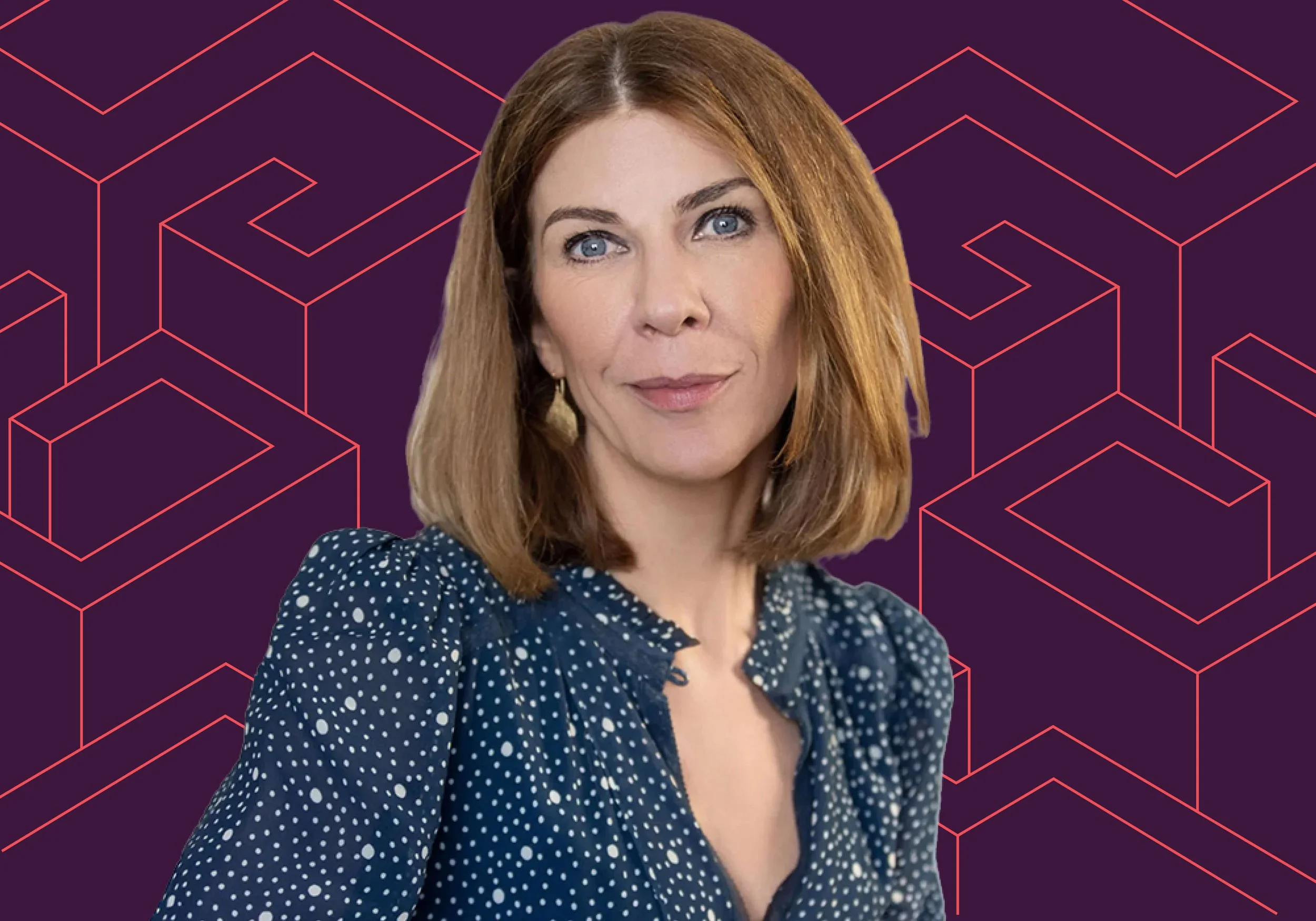
Higher Ground with Alison Taylor
On November 5th, we’ll be joined by Alison Taylor to discuss her book, Higher Ground: How Business Can Do the Right Thing in a Turbulent World. Taylor argues that amid stakeholder demands and transparency pressures, we can no longer treat ethics as a legal and reputational defense mechanism. We need to think more critically about what it means to be an ethical business and how far executives and employees should go in responding to internal and external issues. Taylor makes a cogent case for making the best effort to do no harm should take priority over involving organizations in tangential popular causes.
Alison Taylor
Alison Taylor is a Clinical Associate Professor at NYU Stern School of Business and former Executive Director of Ethical Systems. Her research focuses on the organizational dimension of corporate responsibility and business ethics. Taylor has expertise in strategy, sustainability, political and social risk, culture and behavior, human rights, ethics and compliance, stakeholder engagement, anti corruption and professional responsibility. She has spent the past two decades consulting with multinational companies on sustainability, human rights, culture and behavior, stakeholder engagement, and political risk.
Make a Donation
Your donation supports New Works and the writers directly.
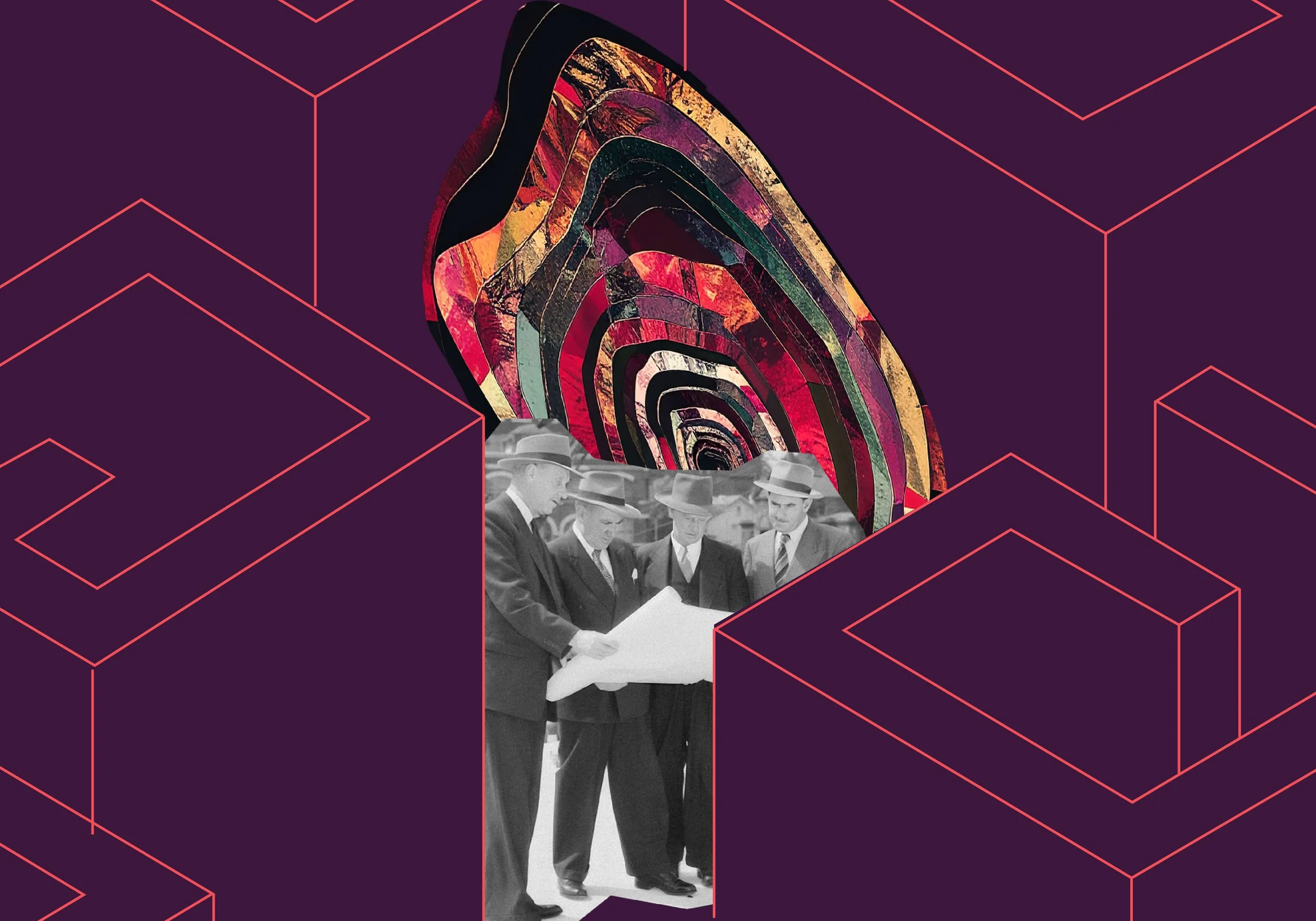
Higher Ground Maze Dojo
The Maze Dojo is a personal and organizational development space to apply the learnings from Higher Ground: How Business Can Do the Right Thing in a Turbulent World to reclaim agency, build skills, and enhance leadership capacities. The Dojo is a workshop format that will invite you to participate in exercises that may include self reflection, dialogue with others, and simulated professional environments. We request that you hold yourself and others in high regard as we each work to identify and dislodge well worn patterns in ourselves and our work.
Make a Donation
Your donation supports New Works and the writers directly.
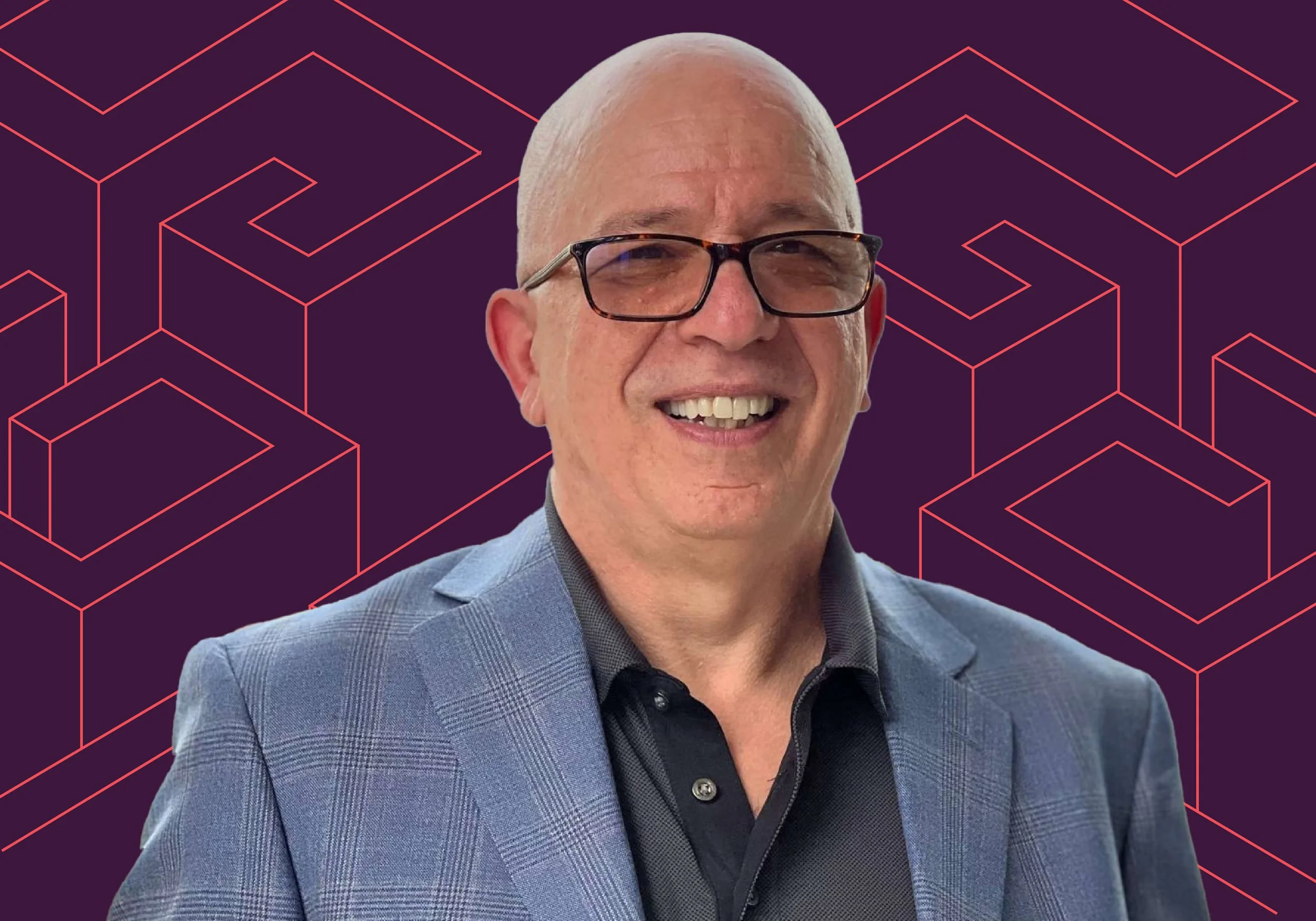
Ethical Impact Theory with Robert Giacalone
On December 3rd, we’ll be joined by Dr. Robert Giacalone to discuss Ethical Impact Theory (EIT): Unethical Work Behavior and Well-Being . What are the effects on individual psychological and physiological well-being when workers and organizations act unethically? Who gets hurt, and what are the negative outcomes of such behaviour? What processes account for any harm to well-being? Dr. Giacalone has spent over a decade researching the impacts of unethical workplace behaviour on perpetrators, victims, witnesses, and association persons. He’ll share some of the findings and importance of interventions that head-off situations that lead to individual and organizational deterioration.
Robert Giacalone
Dr. Giacalone is the Fields Chair in Ethics and Corporate Responsibility at the McCoy College of Business at Texas State University. He has edited/authored 10 books and over 130 articles on business ethics, social responsibility and values, impression management, and exit interviewing. Dr. Giacalone has consulted with large organizations in different sectors, including the U.S. Army, U.S. Navy, PERSEREC, (a security division of the U.S. Department of Defense), FBI, Dominion Energy, Battelle, The Human Resources Research Organization, Noland Company, and the Federal Reserve Bank.
Make a Donation
Your donation supports New Works and the writers directly.
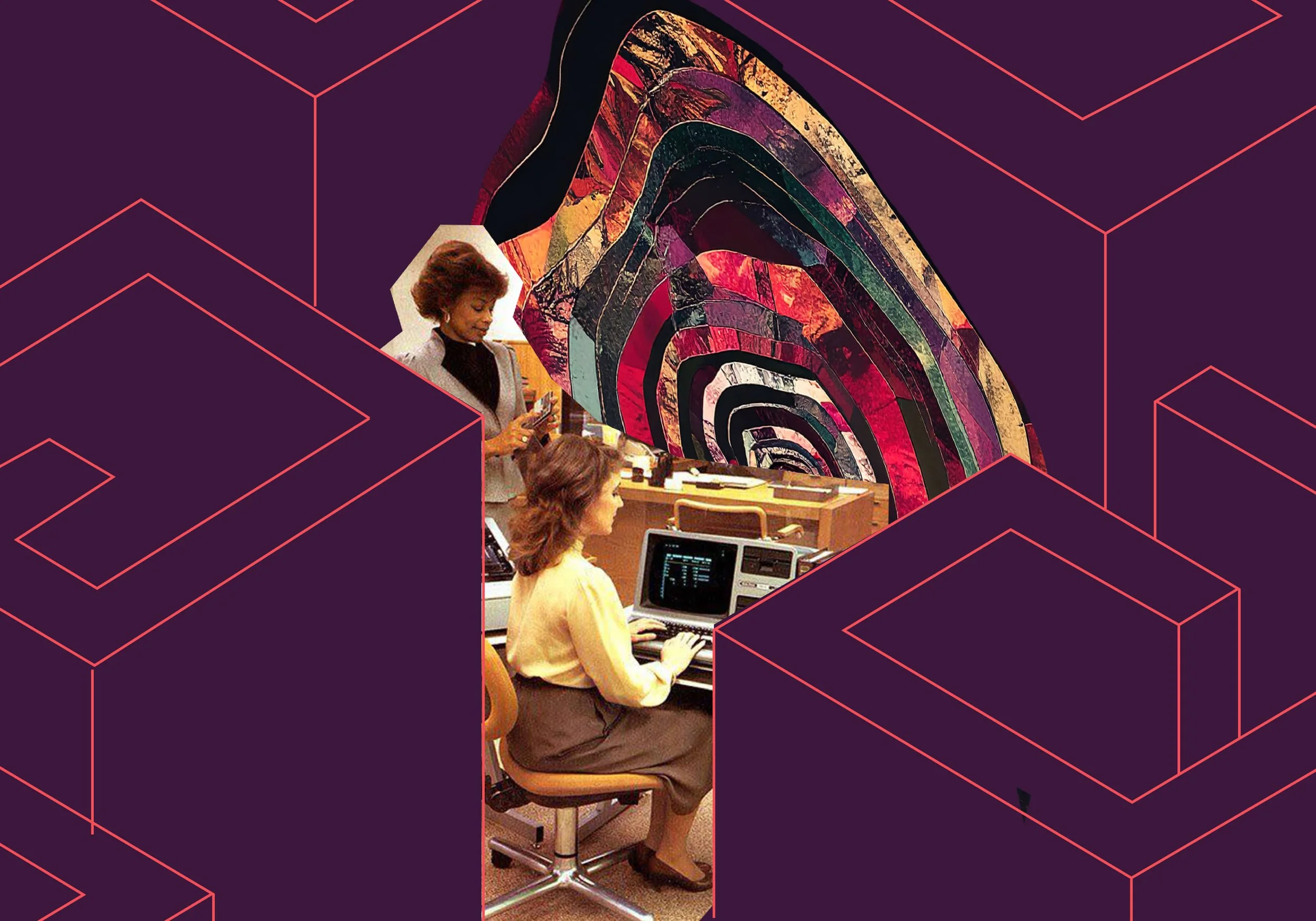
Ethical Impact Theory Maze Dojo
The Maze Dojo is a personal and organizational development space to apply the learnings from Ethical Impact Theory (EIT): Unethical Work Behavior and Well-Being to reclaim agency, build skills, and enhance leadership capacities. The Dojo is a workshop format that will invite you to participate in exercises that may include self reflection, dialogue with others, and simulated professional environments. We request that you hold yourself and others in high regard as we each work to identify and dislodge well worn patterns in ourselves and our work.
Make a Donation
Your donation supports New Works and the writers directly.
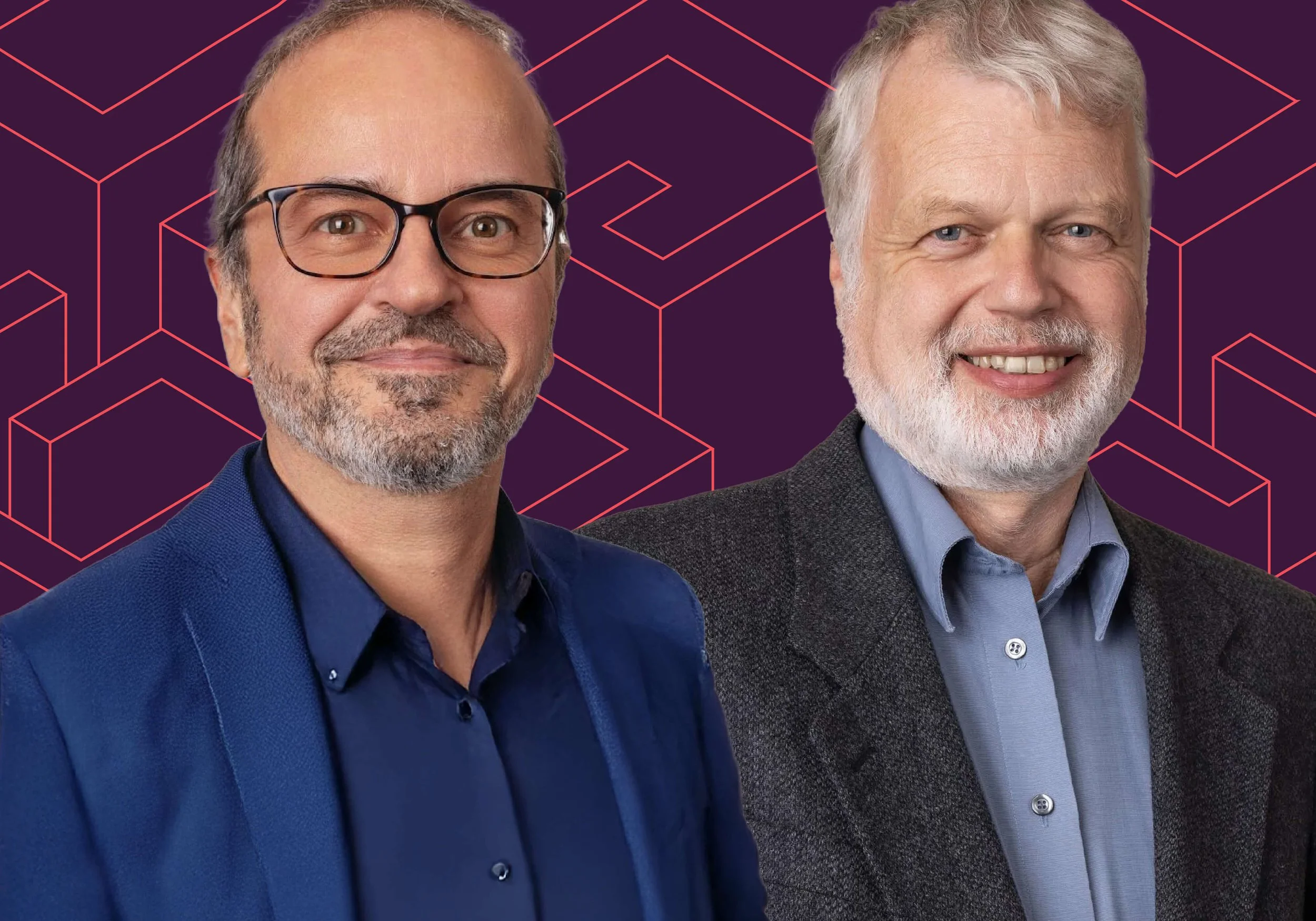
The Dark Pattern with Guido Palazzo & Ulrich Hoffrage
On Jan 14th, we’ll be joined by Dr. Guido Palazzo and Dr. Ulrich Hoffrage to discuss The Dark Pattern: The Hidden Dynamics of Corporate Scandals. Why do individuals and entire organizations fall over the moral cliff? How can we avoid falling into ethical blindness? The Dark Pattern challenges the conventional view that corporate misconduct happens because of a handful of bad actors. We’ll discuss how our organizational contents can be stronger than reason and values by distorting our very perception of reality to no longer see ethical and legal dimensions of our decisions. They’ll share toxic elements that form the dark pattern of corporate scandals, and offer lessons for building morally resilient organizations.
Guido Palazzo & Ulrich Hoffrage
Dr. Guido Palazzo is Professor of Business Ethics at HEC, University of Lausanne and a business adviser in Switzerland. He is mainly known for his studies in globalization, in particular on human rights violations in global value chains, but he also studies the reasons for unethical behaviour in organization and the impact of organized crime on business and society. Dr. Palazzo has trained leadership teams of global corporations and directed a sustainability program for Chinese Vice Ministers.
Dr. Ulrich Hoffrage is Professor of Decision Theory in the Faculty of Business and Economics (HEC), University of Lausanne. He is a highly cited psychologist who builds and tests models of bounded rationality to better understand how people decide and navigate in a social world characterized by risk and uncertainty.
Their popular MOOC, Unethical Decision Making in Organizations, has attracted over 40,000 participants worldwide.
Make a Donation
Your donation supports New Works and the writers directly.
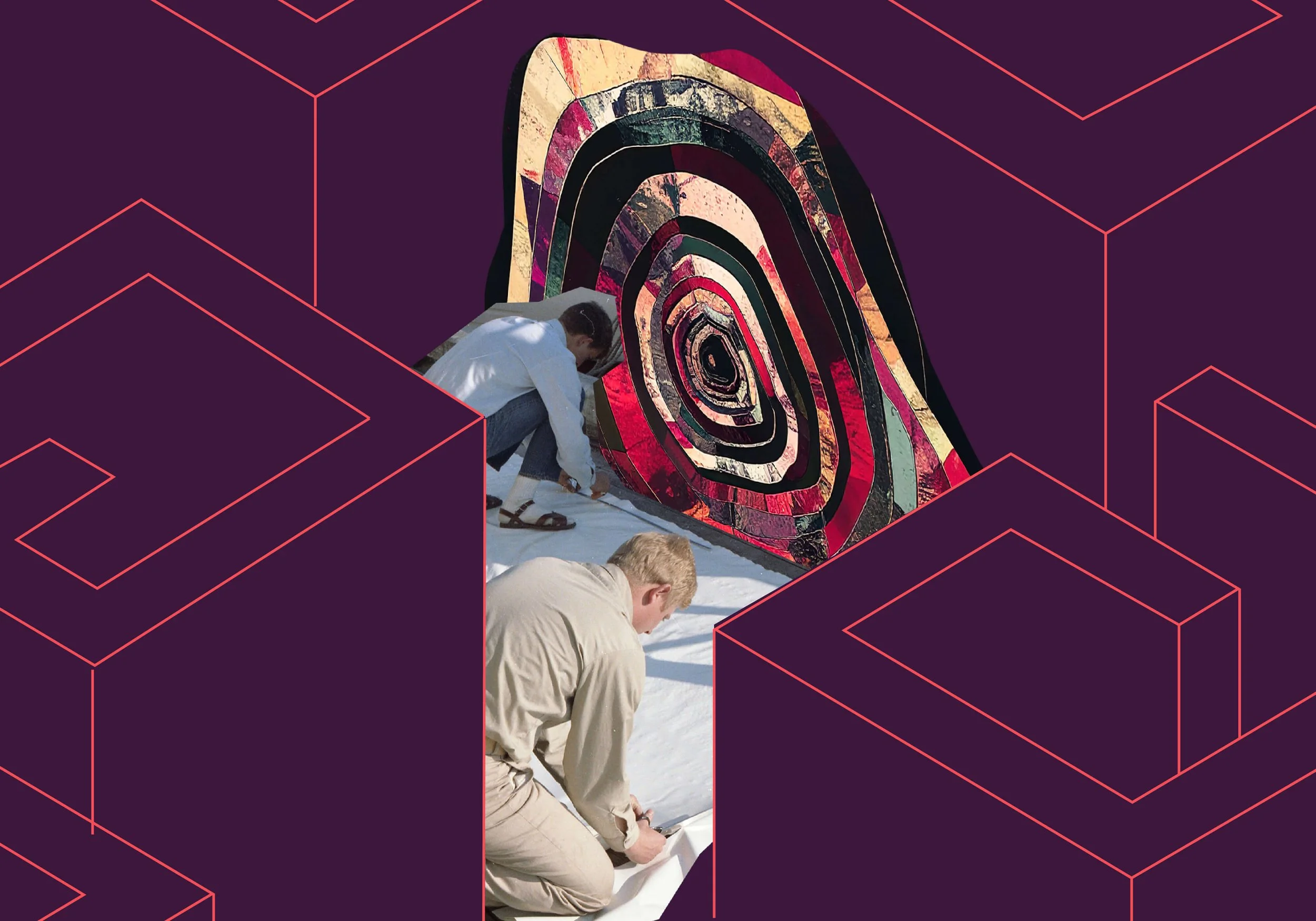
The Dark Pattern Maze Dojo
The Maze Dojo is a personal and organizational development space to apply the learnings from The Dark Pattern: The Hidden Dynamics of Corporate Scandals to reclaim agency, build skills, and enhance leadership capacities. The Dojo is a workshop format that will invite you to participate in exercises that may include self reflection, dialogue with others, and simulated professional environments. We request that you hold yourself and others in high regard as we each work to identify and dislodge well worn patterns in ourselves and our work.
Make a Donation
Your donation supports New Works and the writers directly.
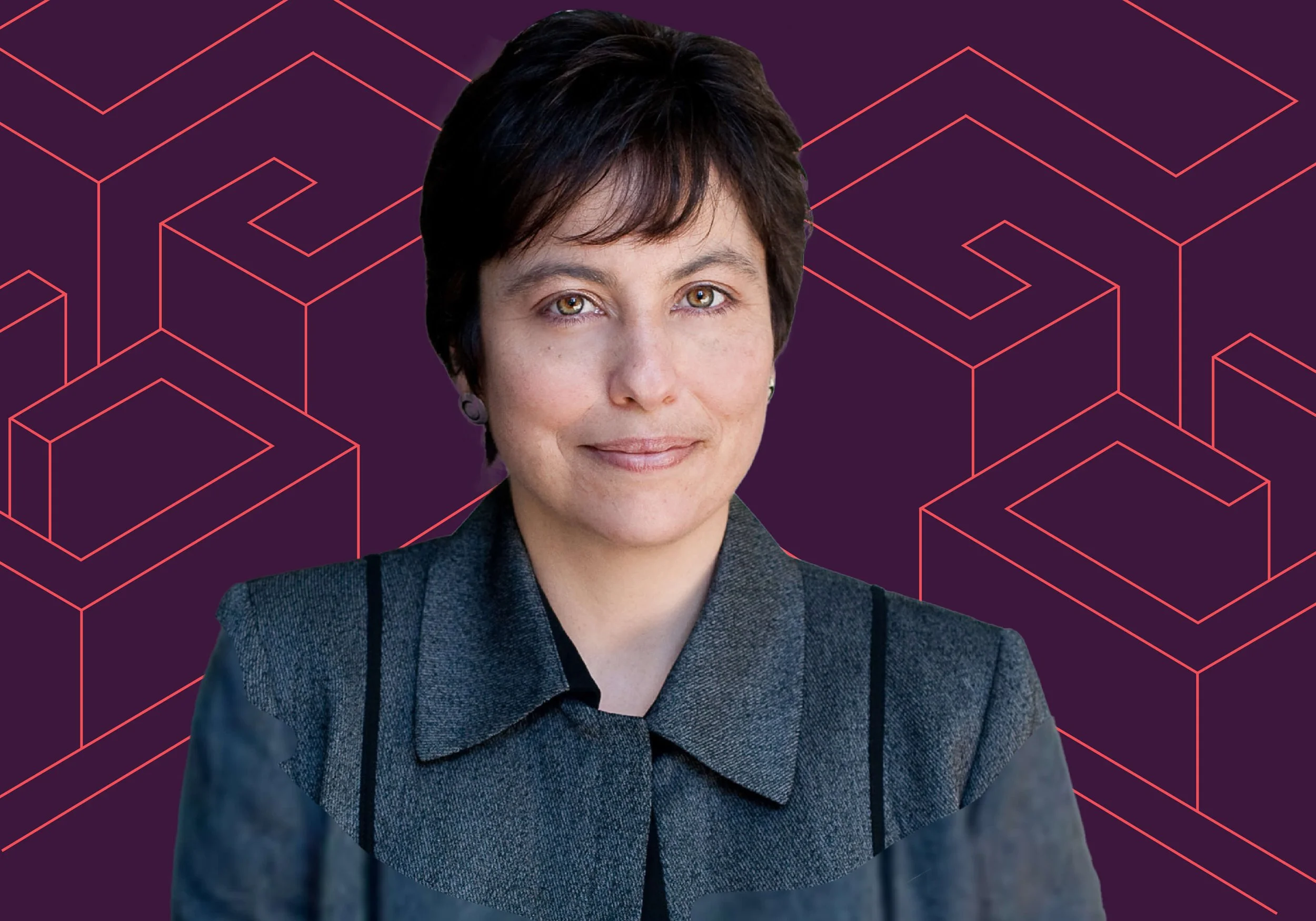
The Compromise Trap with Elizabeth Doty
On Feb 11th, we’ll be joined by Elizabeth Doty to discuss The Compromise Trap: How to Thrive at Work without Selling Your Soul. What is the cost of compromise in our workplaces? While healthy compromises are necessary for accomplishing goals with other people, unhealthy compromises become self-depleting traps—hurting you, your organization, and your organization’s ability to fulfill its commitments and obligations to the larger world. Inspired by firsthand accounts of compromise and courage in organizations, Doty shares six personal foundations and myriad techniques that will allow you to stay true to your deepest values and aspirations, even under pressure.
eLIZABETH DOTY
Elizabeth Doty leads Third Side Strategies supporting managers, boards, investors, advisors and others working to improve public affairs governance in today’s hyper-political environment. Previously, she led the non-partisan Corporate Political Responsibility Taskforce at the Erb Institute at the University of Michigan. For over 30 years, Doty has worked as a consultant with companies through her Leadership Momentum.
Make a Donation
Your donation supports New Works and the writers directly.
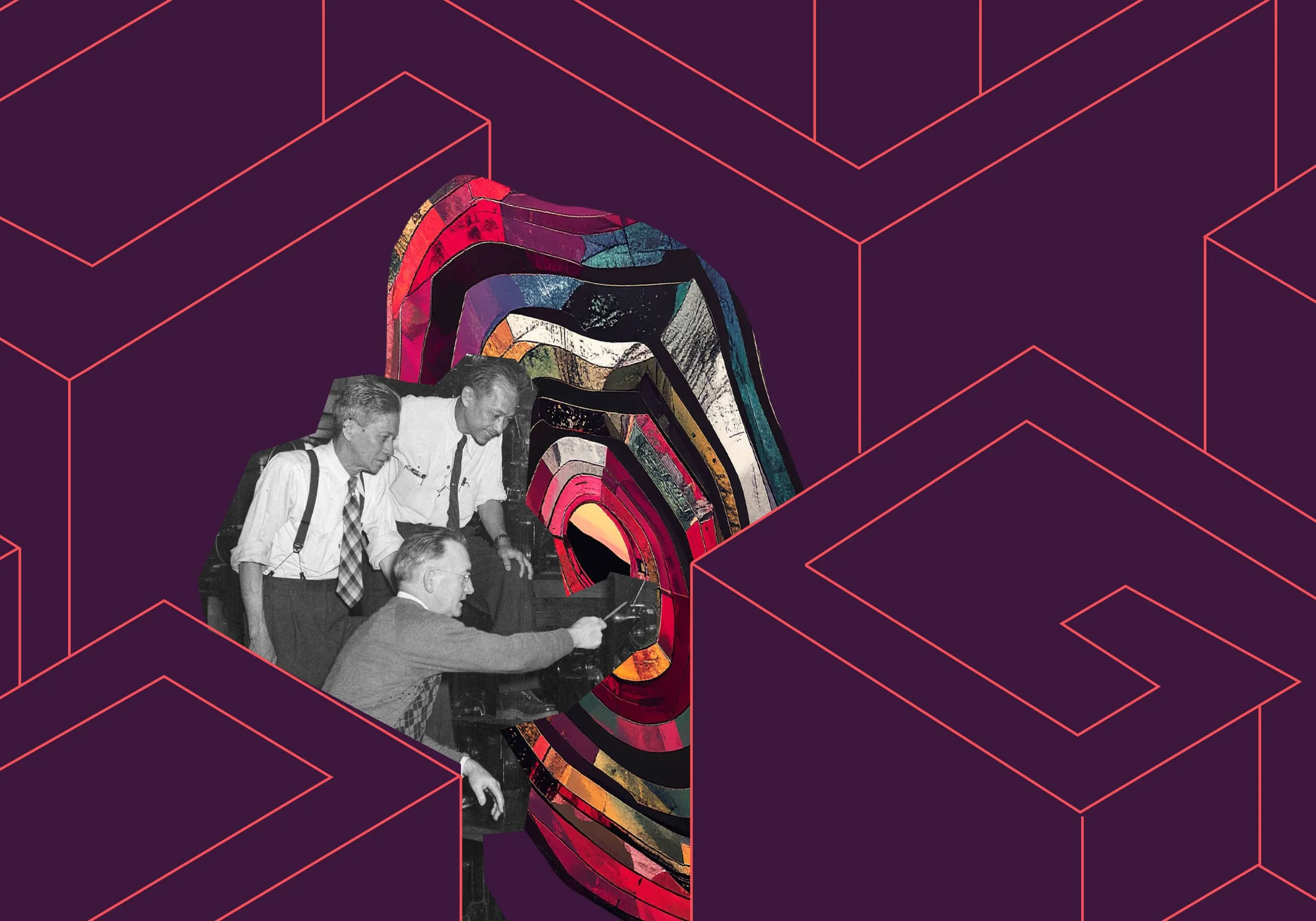
The Compromise Trap Maze Dojo
The Maze Dojo is a personal and organizational development space to apply the learnings from The Compromise Trap: How to Thrive at Work without Selling Your Soul to reclaim agency, build skills, and enhance leadership capacities. The Dojo is a workshop format that will invite you to participate in exercises that may include self reflection, dialogue with others, and simulated professional environments. We request that you hold yourself and others in high regard as we each work to identify and dislodge well worn patterns in ourselves and our work.
Make a Donation
Your donation supports New Works and the writers directly.
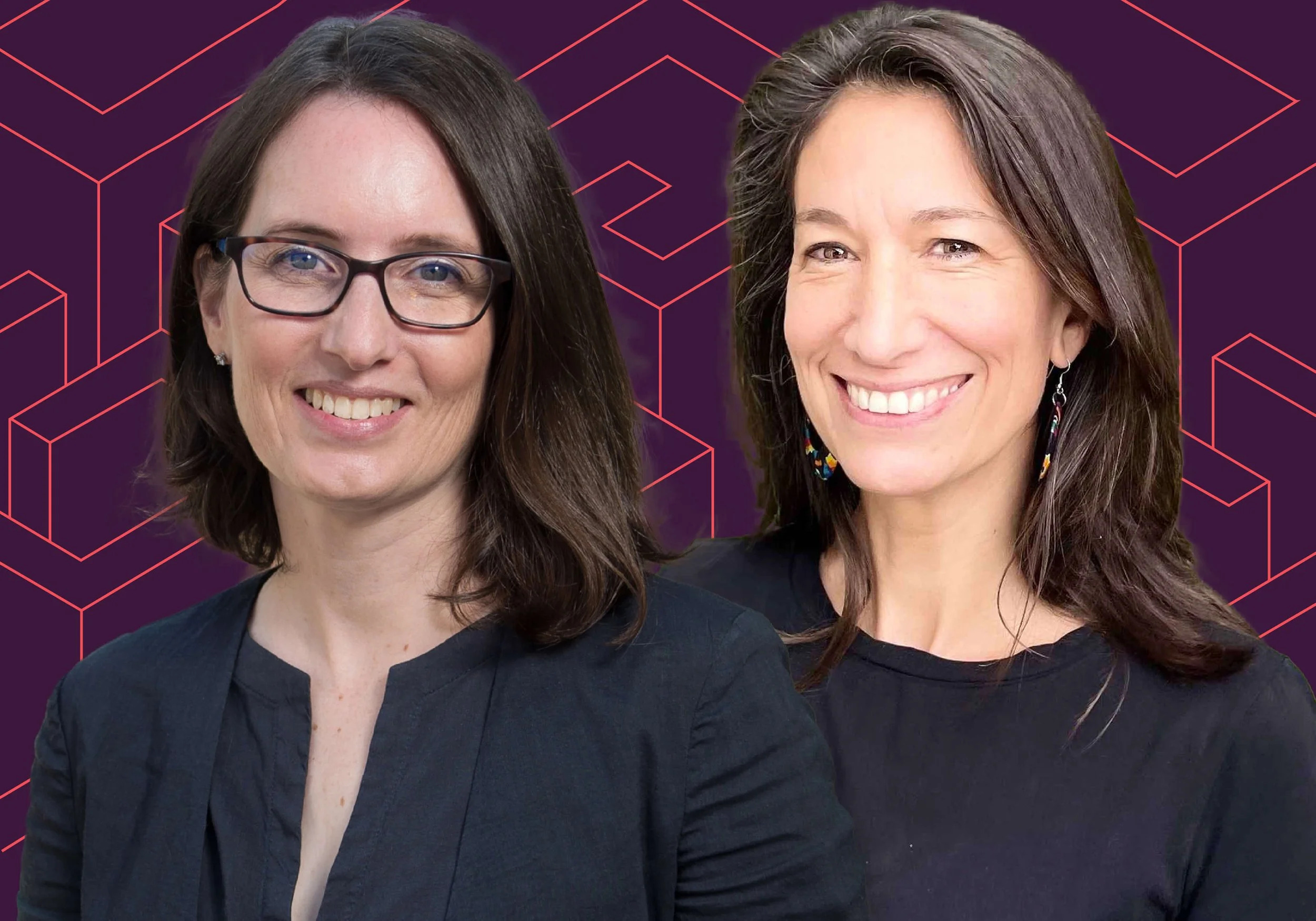
With Privilege Comes Responsibility with Cécile Feront & Stephanie Bertels
On March 11th, we’ll be joined by Dr. Cécile Feront & Dr. Stephanie Bertels to discuss their paper, “With Privilege Comes Responsibility: Why some privileged insiders transform institutions for societal benefit.” Why do some privileged insiders engage in prosocial institutional change, transforming the very institutions that currently benefit them, while others do not? Why is it important to engage with rather than distance ourselves from the injustices and institutional contradictions we experience? In researching privileged insiders, Dr. Feront and Dr. Bertels learned that those who embark on prosocial institutional change grappled with their growing moral discomfort and shifted from questioning the system to themselves. In this paper, they share how people can navigate their discomfort triggered by moral emotions by taking small pragmatic actions given their proximity to levers, resources, networks, and allies.
Cécile Feront & Stephanie Bertels
Dr. Cecile Feront is a Senior Lecturer and Director of the Post Graduate Diploma in Development Finance at UCT Graduate School of Business, a research fellow at the Stellenbosch University’s Centre for Sustainability Transitions, a collaborator at the Embedding Project, and an associate at the Sustainability Institute. She has gained broad experience in strategy and management through her past roles in the software industry and renewable energy sector.
Dr. Stephanie Bertels is the VanDusen Professor of Sustainability and the Director of the Centre for Corporate Governance and Sustainability at Simon Fraser University’s Beedie School of Business. She is the Founder of the Embedding Project which brings together leading global firms across a broad range of industries to help them embed sustainability across their operations and decision-making and contribute to positive systems change. Dr. Bertels’ research and teaching examines how companies understand their reliance on the environmental and social systems where they operate and how they embed sustainability into their operations, strategy, and governance systems.
Make a Donation
Your donation supports New Works and the writers directly.

With Privilege Comes Responsibility Maze Dojo
The Maze Dojo is a personal and organizational development space to apply the learnings from “With Privilege Comes Responsibility: Why some privileged insiders transform institutions for societal benefit” to reclaim agency, build skills, and enhance leadership capacities. The Dojo is a workshop format that will invite you to participate in exercises that may include self reflection, dialogue with others, and simulated professional environments. We request that you hold yourself and others in high regard as we each work to identify and dislodge well worn patterns in ourselves and our work.
Make a Donation
Your donation supports New Works and the writers directly.

To Be Announced with Author(s)
Stay tuned for an exciting announcement about who will be joining us on April 8th.
Make a Donation
Your donation supports New Works and the writers directly.
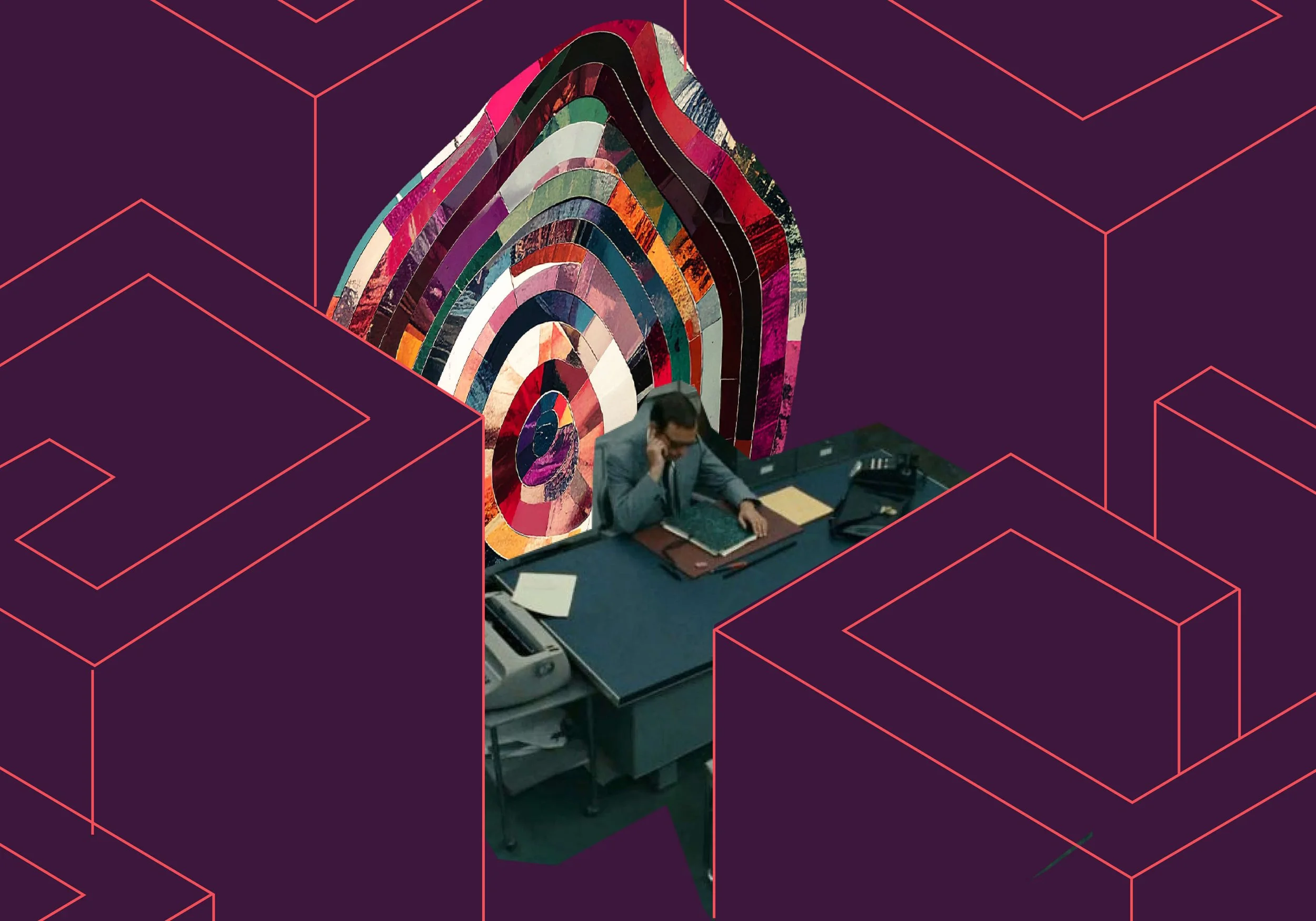
April Maze Dojo
The Maze Dojo is a personal and organizational development space to apply the learnings from New Works to reclaim agency, build skills, and enhance leadership capacities. The Dojo is a workshop format that will invite you to participate in exercises that may include self reflection, dialogue with others, and simulated professional environments. We request that you hold yourself and others in high regard as we each work to identify and dislodge well worn patterns in ourselves and our work.
Make a Donation
Your donation supports New Works and the writers directly.
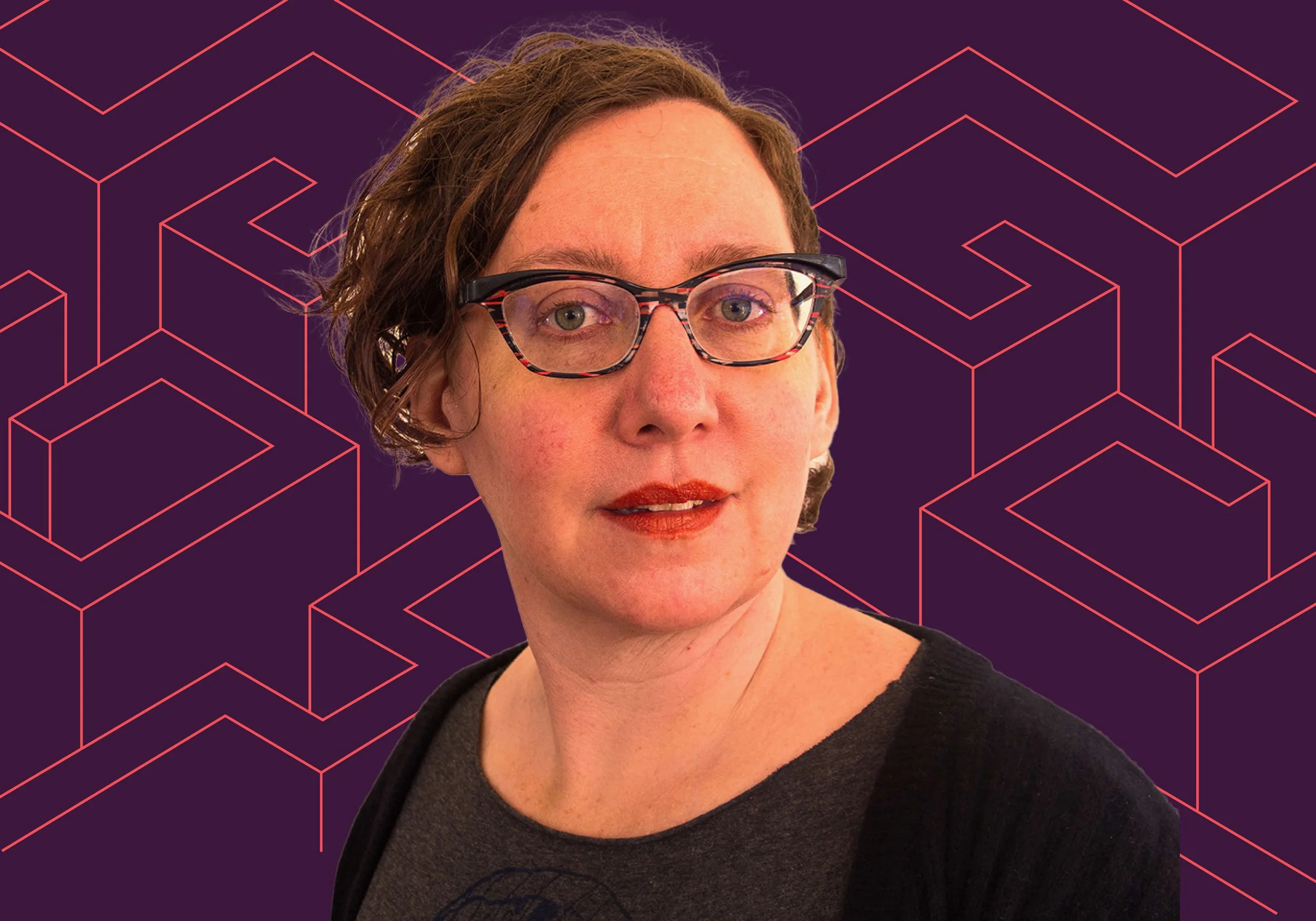
Only With Others with Alexis Shotwell
On May 6th, we’ll be joined by Dr. Alexis Shotwell to discuss the forthcoming book, Only With Others. What if it is good news to discover that we cannot personally solve the most important problems we face? Dr. Shotwell argues that it is impossible for us to solve any problem worth solving all by ourselves. Starting from the understanding that there is no place outside of complicity, she offers approaches to turning towards collectivity rather than individual guilt or immobilization in response to wicked and recalcitrant problems. Only With Others argues that actually it is perhaps the best expression of human freedom that we can work with other people to change the world that shapes us.
ALEXIS SHOTWELL
Dr. Alexis Shotwell is a Professor at Carleton University. Her academic work addresses impurity, environmental justice, racial formation, disability, unspeakable and unspoken knowledge, sexuality, gender, and political transformation. Her political work focuses on queer liberation, Indigenous solidarity, and feminist community education. She is the co-investigator for the AIDS Activist History Project. Dr. Shotwell is the author of the books Knowing Otherwise: Race, Gender, and Implicit Understanding and Against Purity: Living Ethically in Compromised Times.
Make a Donation
Your donation supports New Works and the writers directly.
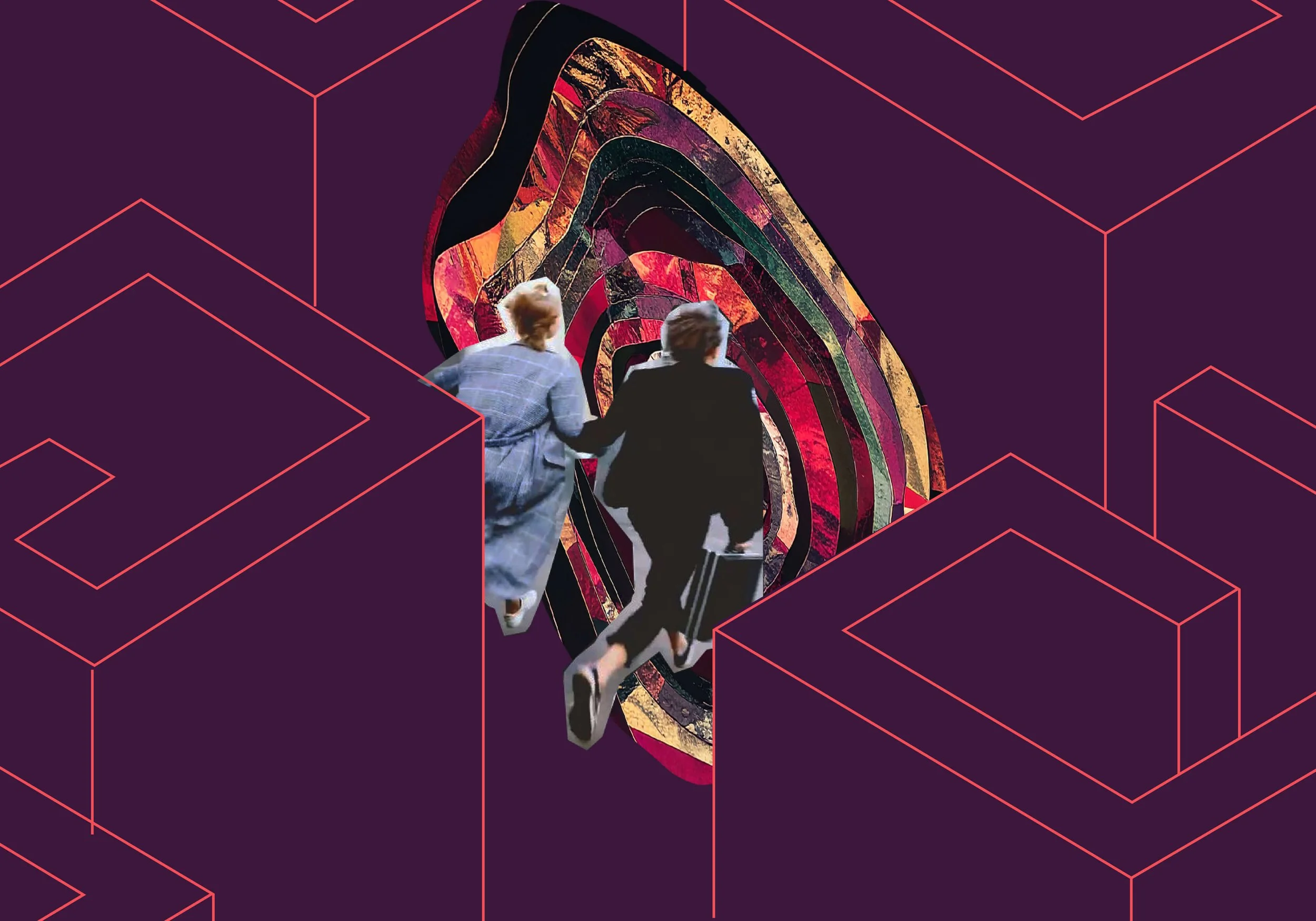
Only With Others Maze Dojo
The Maze Dojo is a personal and organizational development space to apply the learnings from Only With Others to reclaim agency, build skills, and enhance leadership capacities. The Dojo is a workshop format that will invite you to participate in exercises that may include self reflection, dialogue with others, and simulated professional environments. We request that you hold yourself and others in high regard as we each work to identify and dislodge well worn patterns in ourselves and our work.
Make a Donation
Your donation supports New Works and the writers directly.
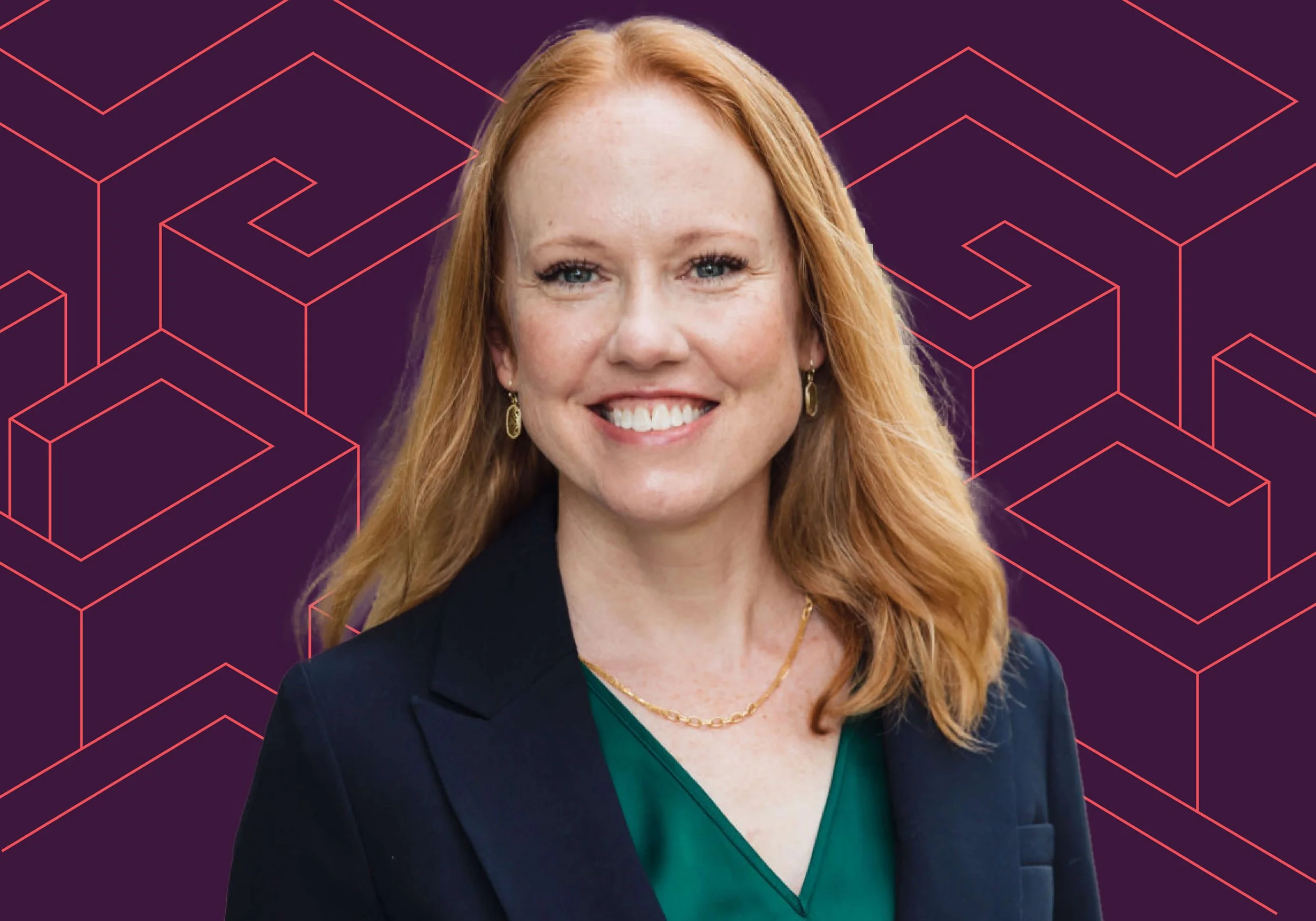
Unethical Prosocial Behavior at work with Elizabeth Umphress
On June 3rd, we’ll be joined by Dr. Elizabeth Umphress to discuss her extensive research on Unethical Prosocial Behavior (UPB). While organizations expend significant efforts to create a sense of belonging and foster collegiality at work , Dr. Umphress’ research finds an unintended negative consequence. Individuals with strong attachments to and identification with their employer may also be the most likely to engage in unethical pro-organizational behaviors that violate social values, norms, laws, or standards of proper conduct. UPB research suggests that positive social exchange and organizational identification may cause employees to do “bad things for good reasons.” We’ll discuss Umphress’ findings at length and explore the implications for ethical workplaces.
ELIZABETH UMPHRESS
Dr. Elizabeth Umphress is Professor of Management at the University of Washington’s Foster School of Business. Under the rubric of social justice research, she pursues three primary branches of inquiry: ethics, organizational justice, and diversity. Dr. Umphress has published over thirty articles in management journals in her field. She also provides important service to her profession, including being an Associate Editor for the Academy of Management Journal. In a consulting capacity, she has worked with companies such as NASA, Citigroup, and Lockheed Martin.
Make a Donation
Your donation supports New Works and the writers directly.

Unethical Prosocial Behavior Maze Dojo
The Maze Dojo is a personal and organizational development space to apply the learnings from Unethical Prosocial Behavior (UPB) to reclaim agency, build skills, and enhance leadership capacities. The Dojo is a workshop format that will invite you to participate in exercises that may include self reflection, dialogue with others, and simulated professional environments. We request that you hold yourself and others in high regard as we each work to identify and dislodge well worn patterns in ourselves and our work.
Make a Donation
Your donation supports New Works and the writers directly.
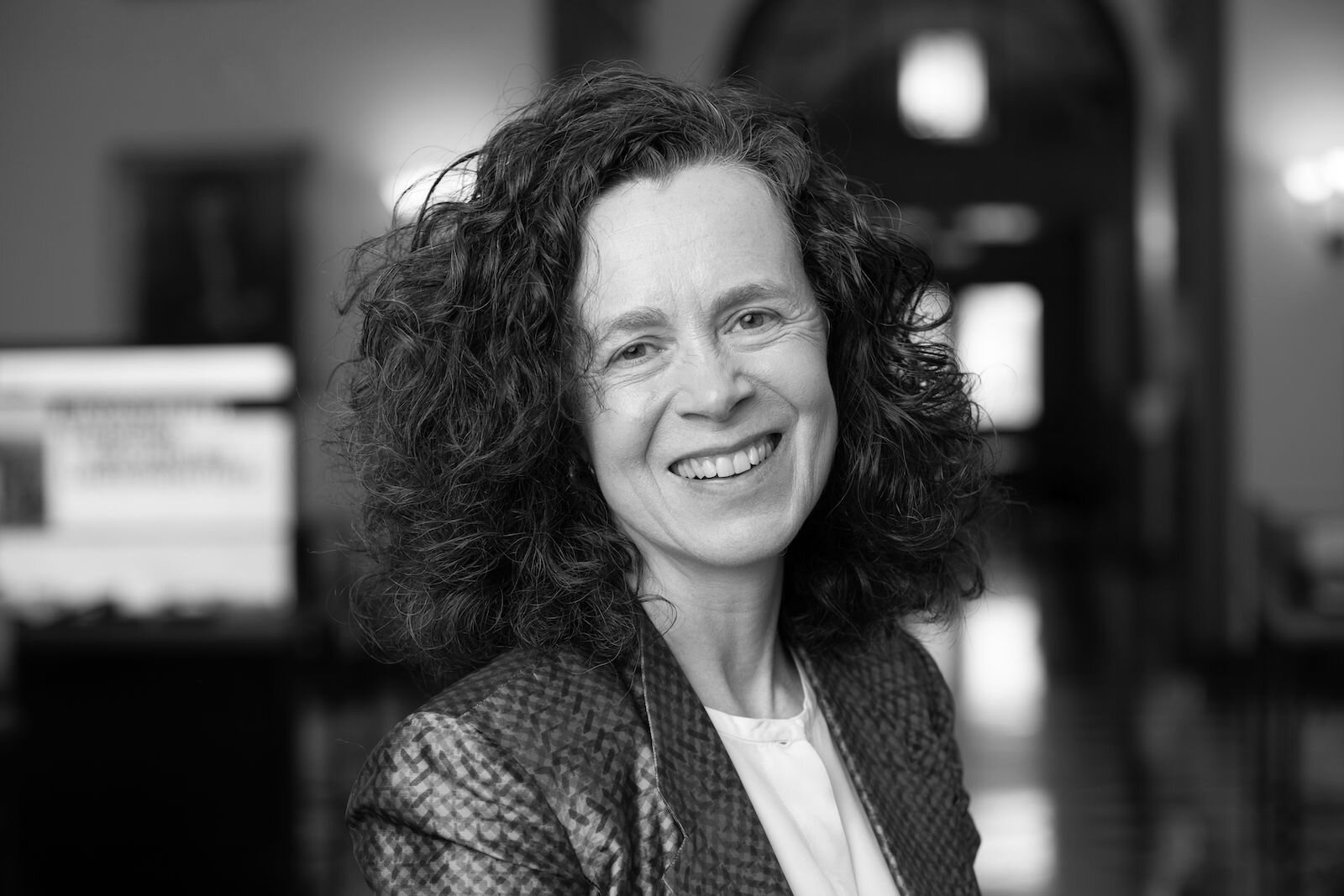
Rebecca Henderson on Regenerative Leadership
Join Solvable & Magnolia Moonshot 2030 for a conversation with Rebecca Henderson on Regenerative Leadership in the context of her book, Reimagining Capitalism in a World on Fire. Can leaders reimagine and implement a capitalism that regenerates living systems and supports democratic institutions while being an engine for the prosperity of all?

Arturo Escobar on Regenerative Design
Join Solvable and The RSA for a conversation with Arturo Escobar on the changing social role of design to navigate regenerative futures rather than further exacerbate intensive resource use and vast material destruction at the core of degenerative economies. His work and context are uniquely situated within the history of decolonial efforts of Latin American Indigenous peoples that recognize a plurality of responses suitable to the very localized contexts in which they emerge.
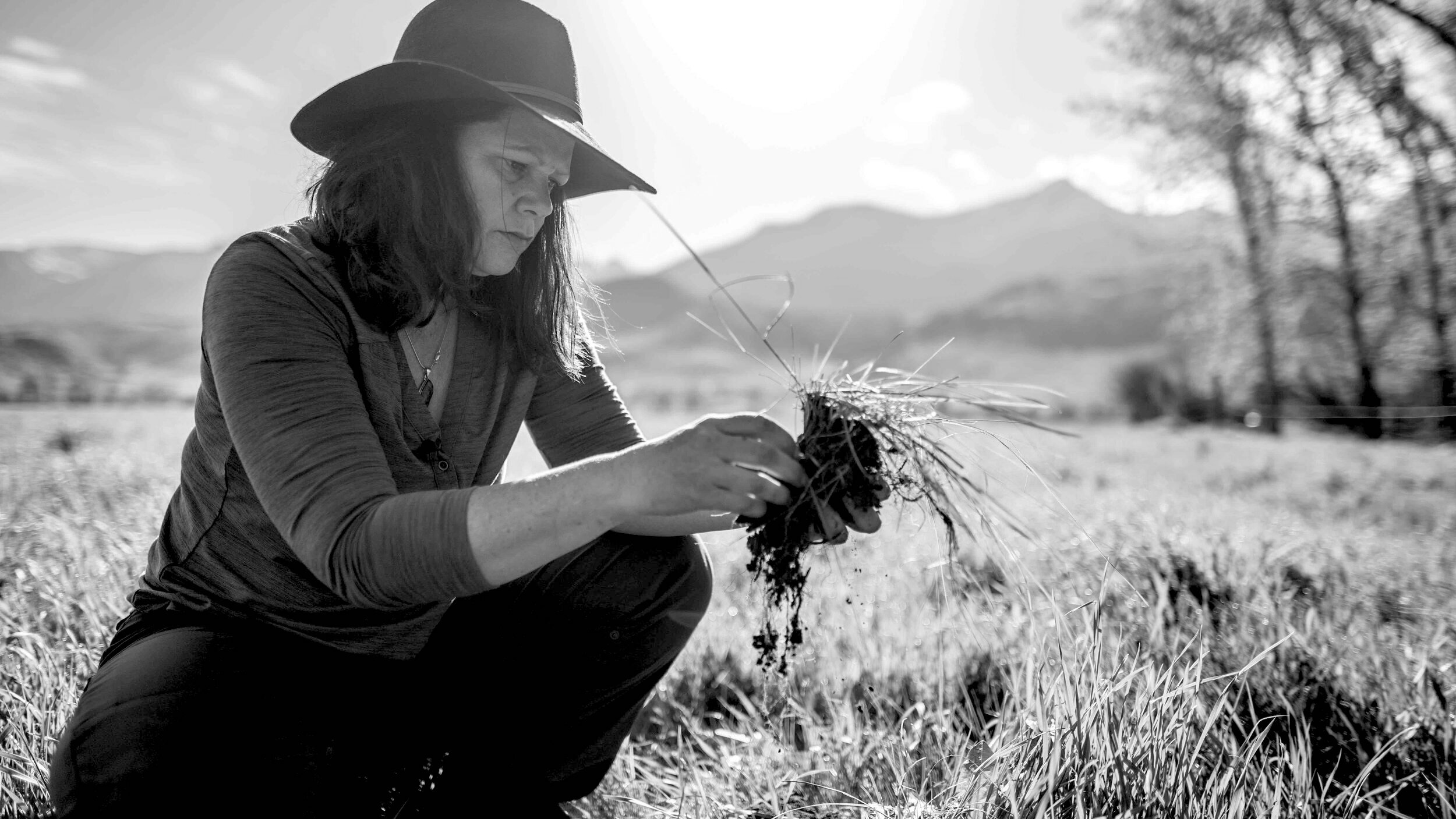
Nicole Masters on Regenerative Agriculture
Join Solvable & the Social Gastronomy Movement for a conversation with Nicole Masters on Regenerative Agriculture. Together we’ll explore the answers that lie in the soil through the practical applications of projects around the world by farmers, ranchers, and growers.

Dominique Hes on Regenerative Cities
Join Solvable for a conversation with Dominique Hes to explore cities as living systems and as possibility spaces for regenerating net gains to ecological and social health through their designs. Hes continues to be an important critic in asking why after decades of so-called advancement, sustainable development continues to underperform.

John Fullerton on Regenerative ECONOMICS
Join Solvable & nRhythm for a conversation with John Fullerton to discuss how a living systems approach can restructure how we see, think, and practice economics and finance. What are the alternatives to perpetual growth that expand the possibilities of long-term prosperity for all life? What needs to be done to shift our financial systems from degeneration and extraction to the principles of regenerative economics?

Andri Snær Magnason & MELANIE GOODCHILD on Regenerative Cultures
Join Solvable & Turtle Island Institute for a conversation with Andri Snær Magnason on Regenerative Cultures. We'll share stories from Anishinaabe and Icelandic peoples as we look backwards into future cultures.
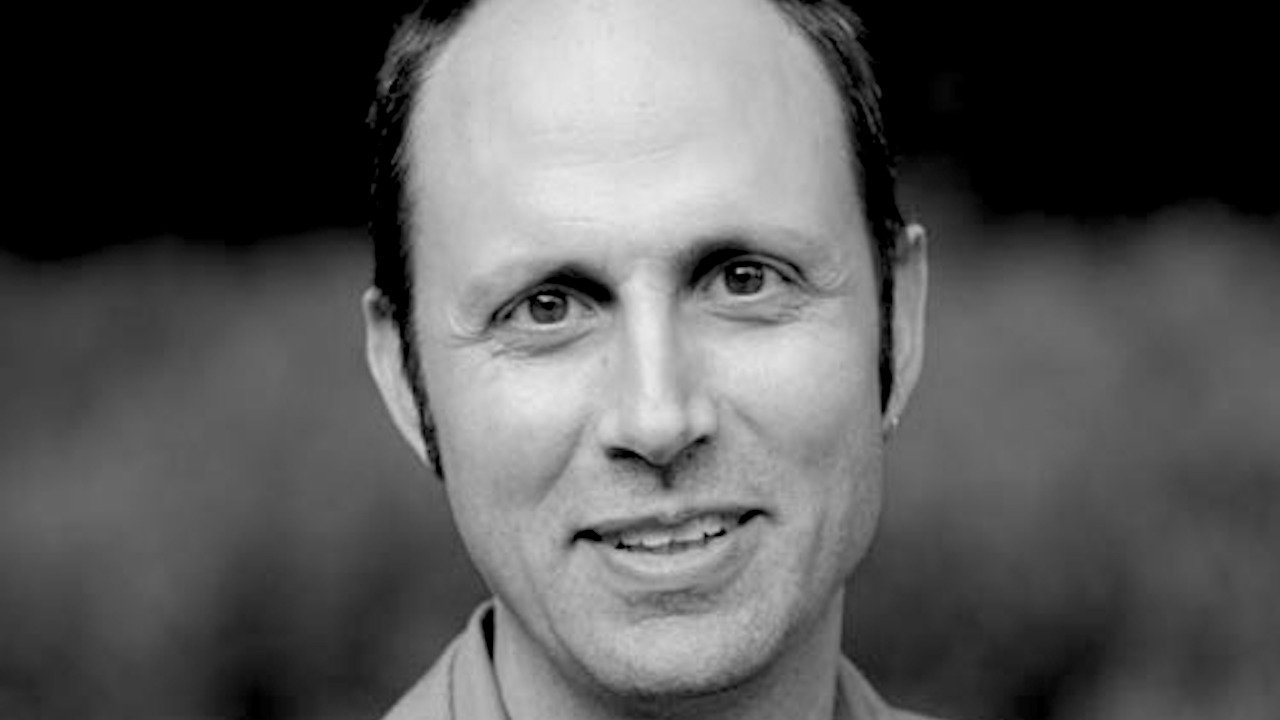
Bill Baue on Regenerative REPORTING
Join Solvable and Anthesis for a conversation with Bill Baue on Regenerative Reporting. While reporting is typically understood within the context of finance or marketing, Baue seeks to expand the possibility space in defining what the next era of reporting can be. How can reporting transition companies, governments, and communities to a multicapitals approach to regeneration? Who are the rightsholders to multicapitals and how are they integrated into reporting? How might reporting quantify true social and ecological impact within a planetary, not just organization-specific context?

Tyson Yunkaporta on Regenerative Futures
Join Solvable & New Stories for a conversation with Dr. Yunkaporta on how our perspectives of and relationships to time affect our capacities to be custodians of a regenerative future. How do different cultural conceptions of time impact behaviours and futures? How are concepts of time interrelated with models of stewardship? What could a regenerative depth of field about time shift in our cultural condition? How is the capacity to imagine regenerative futures connected to equity & power?

Steve Kempster on Leadership for what?
Join us for a conversation with esteemed professor, researcher, and writer Steve Kempster to discuss his recently published anthology, Good Dividends: Responsible Leadership of Business Purpose.

Peter Newell on the Business of Climate Transition
Join us for a conversation with esteemed professor, researcher, and writer Peter Newell to discuss his recently published article, “The business of rapid transition.”

Leslie Davenport on Emotional Climate Resilience
Join us for a conversation with integrative psychotherapist, climate psychology educator, and writer Leslie Davenport to discuss building resilience and creativity by addressing our emotions around climate change.

Julia Kim on Well-being & Gross national happiness
Join us for a conversation with global health practitioner and sustainable development specialist Julia Kim to discuss what a consciousness shift combined with systems change could do to advance companies, economies, and society.

Sophie Rifkin & the Return on Sustainable Investment
Join us for a conversation with seasoned sustainability professional, researcher, and educator Sophie Rifkin to discuss methodologies that bridge the gap between sustainability strategy and financial performance.

Andrew Hoffman on Sustainability Leadership
Join us for a conversation with esteemed professor, researcher, and writer Andrew Hoffman to discuss his recently published book, Management as a Calling.
QUESTIONS
Starting
Enhance your capacities, skills, and dispositions
Why do colleagues behave, decide, and act in ways that seem out of keeping with their values, and how do I stay closer to my own?
How do I avoid making destructive decisions?
When do I face internal resistance, and how do I navigate it more effectively?
How do my organization’s guardrails encourage and hinder my behaviours?
How do I balance my collegial and organizational loyalty with my own agency?
How do I interrupt personal and organizational patterns of legitimization that narrow my/our vision?
NEW WORKS 2
WHY REGENERATION?
Occasionally, a concept with massive socio-cultural significance emerges whose future is not yet cast. We’re in a transitionary moment between systems with a growing recognition of the imperative to change the direction of social and planetary travel. As we let go of sustainability as an insufficient paradigm shift for our flourishing planetary future, Regeneration offers the promise of life-giving rather than life-sustaining ways to inhabit the planet.
WATCH THE RECORDINGS ⪢
READ our thoughts on regeneration ⪢
New Works 1
spring 2021
Over the course of six conversations, we gathered with over 300 sustainability professionals from around the world holding three intentions: 1) strengthen connections 2) shift perspectives and 3) champion important works of others.




















